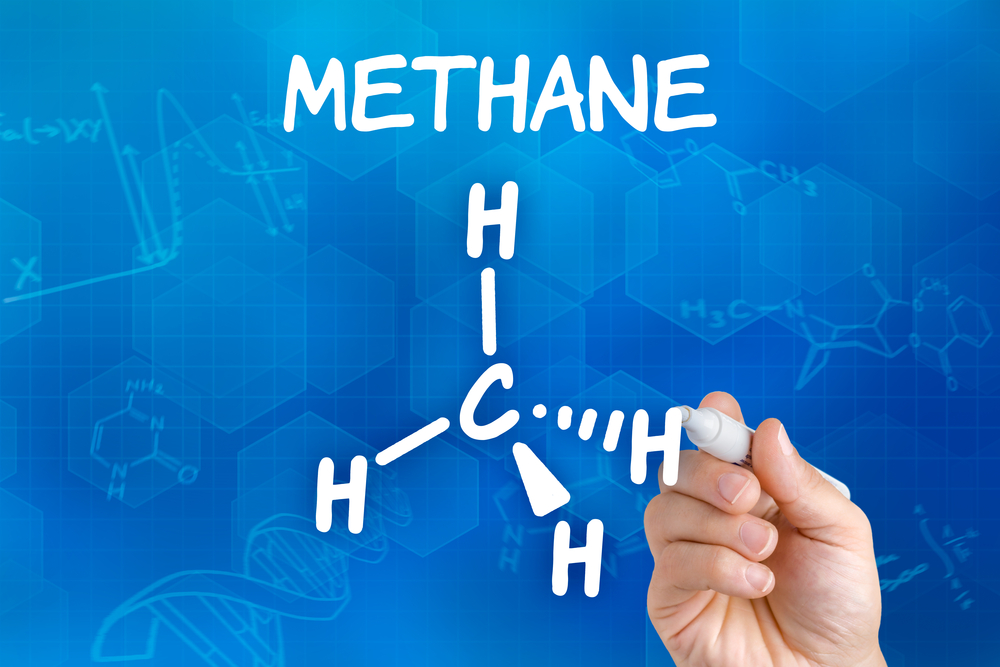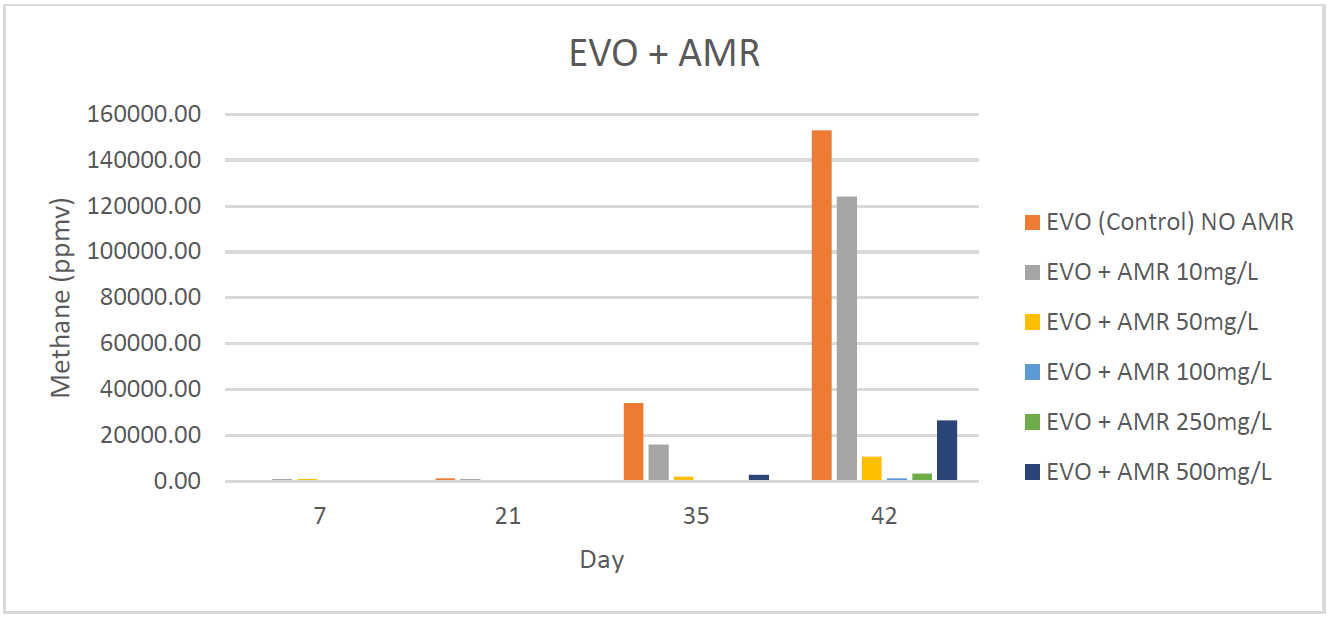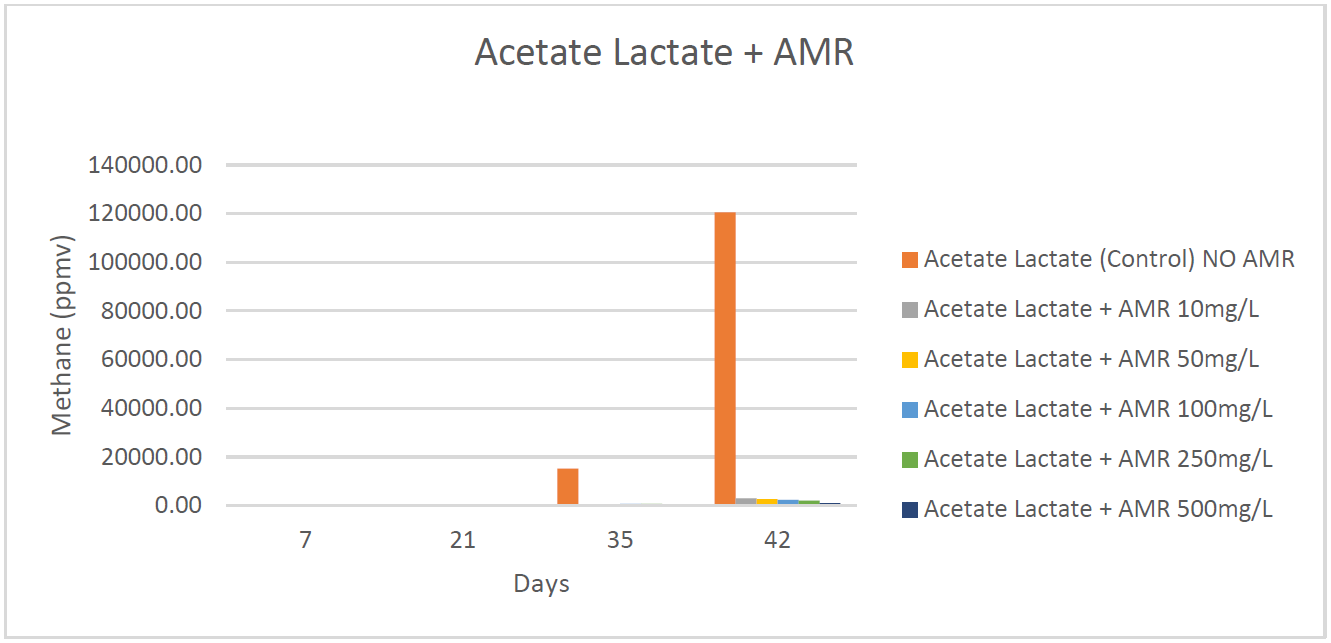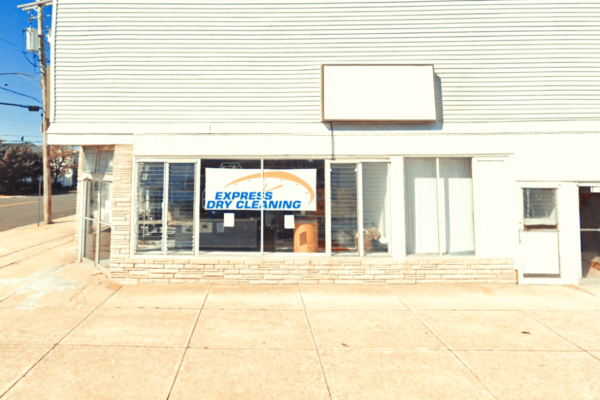Make Your Site Safer and Your Project More Efficient with Provectus’ Suite of Antimethanogenic Reagent (AMR) Technologies
An important component of the foundation for Provectus Environmental Products is the science of suppressing Archaea (methanogens) and in turn methanogenesis, or the natural production of methane. In 2014, Provectus introduced Provect-CH4®, the first product specifically developed for the remediation industry to provide practitioners the capability to control excessive methane production during reductive in situ remediation approaches such as, enhanced reductive dechlorination (ERD) and in situ chemical reduction (ISCR). Currently it is common practice to introduce organic carbon or electron donors (e.g., vegetable oils, hydrogen release compounds, sugars, lecithin, etc.) into subsurface soils and groundwater for microbial stimulation, which ultimately results in biological destruction of specific contaminants. As anaerobic fermentation continues, methanogens, if left unchecked will occupy a dominant position in the microbiological competition for available growth resources. Therefore, Provect-CH4® was developed to minimize this population increase and enable more of the electron donor produced hydrogen to be available to halorespiring consortia.
Provect-CH4® leverages cellular processes unique to Archaea by providing a source of Monacolin K and other naturally produced statins to limit methane production by specifically disrupting enzymatic processes for the growth and proliferation of methanogenic Archaea (Scalzi et al, 2013, 2014; US Patent No. 9,221,669 B2). Provect-CH4® is a powdered material that we incorporate into our solid based ISCR amendments such as Provect-IR® and Provect-IRM®. We recognize that microbial communities are connected, and that Archaea play an important role in synergistic microbial ecology, such as their metabolic activity can help maintain anoxic conditions in treatment zones through seasonal changes. Hence, limited production of methane is part of a healthy ERD/ISCR application. However, excessive methane production can become dangerous and represents a costly waste of electron donor amendment.
Provectus continues to innovate by leveraging synergistic and combined natural processes with the goal to provide optimal in situ remediation performance. In that spirit, Provectus has continued R&D efforts to evaluate several types of antimethanogenic reagents (AMRs). Significant research has been performed in collaboration with independent university researchers to assess methane inhibition by natural and synthetic plant oil extracts. This focus was to further refine an optimal oil-based AMR for deployment with our liquid-based ERD and ISCR amendments. Multiple plant oil extract compounds were tested in conjunction with electron donors (e.g., emulsified vegetable oil and acetate plus lactate) to determine their effectiveness in suppressing methane production (graphs below). The laboratory tests were conducted as batch experiments using groundwater & soil media.
A summary of the findings of this study provided by the independent research is as follows:
- Specific natural and synthetic oils were excellent antimethanogenic reagents.
- Data reproducibly demonstrated a very strong capacity for methane inhibition, even in the presence of excessive electron donor concentration (for both emulsified soybean oil and acetate-lactate combinations).
- A methane inhibition efficiency term was determined for each oil type, and the value ranges between 348 and 512 ppmv of methane per ppm of AMR.
- Specific plant extract oil-based AMR and Provect-CH4 AMR demonstrated a capacity to limit methane in both an enriched culture and in TCE-contaminated aquifer material, when excess electron donor was added to stimulate methane production.
- The data demonstrate that the AMRs (all tested) had no measurable negative impact on complete dechlorination.
Provectus has incorporated this natural AMR component into several of our liquid based remedial amendments such as Provect-ERD, EZVI-CH4, and Scrud Remover™.
Due to the fact that microbial proliferation rates are significantly faster for Archaea as compared to ERD communities, our focus is to suppress (not eliminate) Archaea to prevent excessive methane production during reductive remedial approaches and provide the halorespiring communities such as Dehalococcoides additional opportunity to thrive. Provectus products that include the AMR chemistry are designed to provide a safer, more efficient path forward for biological remediation projects with increased sustainability for achieving targeted remediation goals.
Please contact Troy Lizer at (330) 284-7428 or via email for additional information regarding this project or our technologies. Furthermore, Will Moody can be reached at (908) 581-6291 or via email.
Click Here for a site evaluation, conceptual remedial design, or material cost estimate with turn-key alternatives available upon request.




